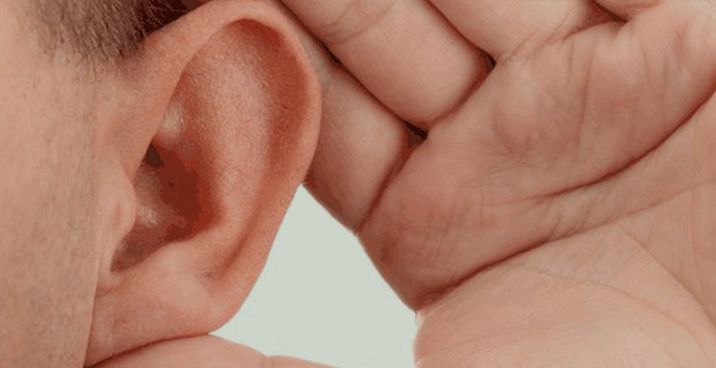Sensorineural Hearing Loss

SENSORINEURAL HEARING LOSS IS A COMMON PROBLEM THAT TENDS TO DEVELOP AS WE AGE when we reach the 50 to 60 year mark, many of us will tend to experience some level of hearing loss but not realise it until we find ourselves turning up the volume on the TV or needing other people to constantly repeat themselves. This can be an embarrassing problem, but thankfully not one that is difficult to treat.
Aside from the obvious symptoms of hearing loss, one of the more common signs of sensorineural hearing loss is the development of tinnitus, or a constant ringing sound in one’s ears. If other people also complain that you have started speaking louder than you used to, it may also be a sign: people who are unable to hear themselves often speak louder to compensate.
While the most common form of hearing loss, sensorineural hearing loss is most certainly not the only kind. Acoustic trauma - when one is exposed to a sudden, very loud burst of noise (such as a bomb going off nearby, which can reach noise levels of up to 150 decibels) - is another way one can lose one’s hearing, as is noiseinduced hearing loss.
In noise-induced hearing loss, one must be exposed to loud noise (anything above 85 decibels) for a prolonged period of time; this used to be fairly isolated to rock band musicians and people who work near loud machinery, but in today’s iPod era many teenagers are starting to present with symptoms that indicate that they have developed such hearing loss.
What, then, are some of the ways of preventing hearing loss? The most obvious and common way is by preventing such loud noises from reaching our inner ears in the first place, typically though the use of earplugs or ear mufflers when one is going to a noisy place. The most basic form of a earplug is just a shaped piece of foam, but there are several sophisticated forms of earplugs.
The musician’s earplug is a good example of a sophisticated earplug; specially designed with a diaphragm, it tampers sounds at a certain frequency while still maintaining the overall quality of the sound.
Such earplugs tend to be used by musicians to protect their hearing while still allowing them to perfectly hear the music they are about to play.
The hunter’s earplug is an electronic earplug that works in a particularly interesting manner. In normal situations, these earplugs act as a sound amplifier, allowing you to hear even the birds chirping from nearby trees and insects buzzing in the air. When a sudden burst of loud noise (such as that a gunshot would emmate) is made, however, the earplug immediately cuts all audio output for a brief period of time, protecting your hearing in this fashion.
The importance of one’s hearing cannot be overstated, especially since once hair cells in one’s ear are damaged – as is the case with sensorineural hearing loss - they will never recover again. Rather than looking to cure hearing loss, one should instead try to prevent it from occurring in the first place.
One of the best ways to prevent hearing loss is to never “dig” one’s ear. Many patients who come to my ear clinic experience hearing loss, not because of nerve destruction or acoustic trauma but, rather, because they have had too much wax pushed into the deeper part of the external ear as a result of years of “cleaning” their ear canals. This impacted wax may press against the ear drum, affecting the ear drum’s ability to vibrate and transmit sounds. Sometimes the impacted wax may even break the ear drum, leading to external ear infection.
So, never stick anything into your ear! The ear-canal is self-cleaning. As the skin of the ear canal migrates out of the ear, it will act like a “conveyor belt” to move dirt and excess wax out of the ear too. Ear wax is a good thing; it is protective, waterproof and has certain antiseptic qualities. Once removed, the ear becomes vulnerable to infection and other problems (including bugs and other insects entering the ear!).
Our Singapore ENT clinic specialises in the end-to-end management of all ear, nose, and throat conditions while keeping the best ENT practices in mind.









